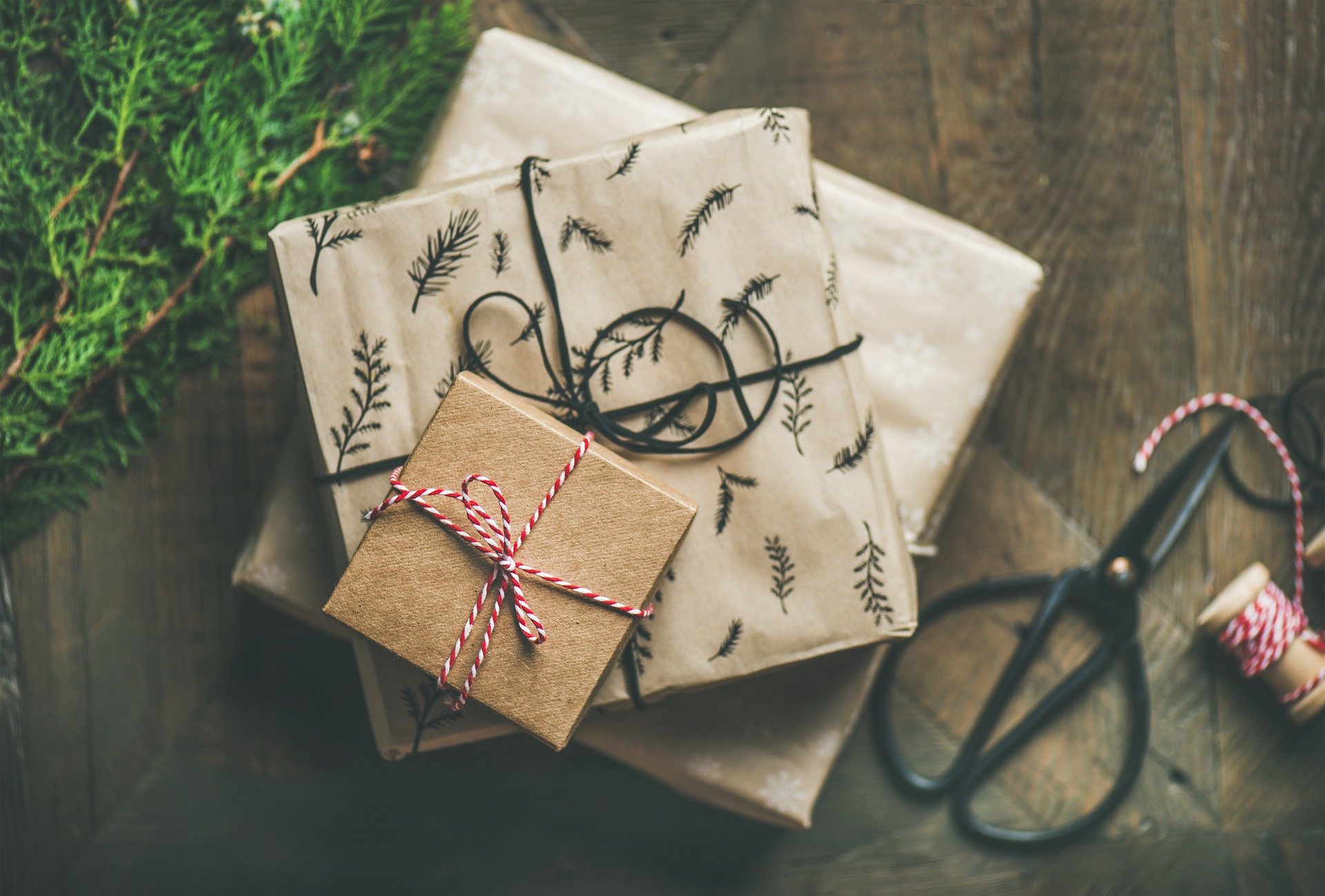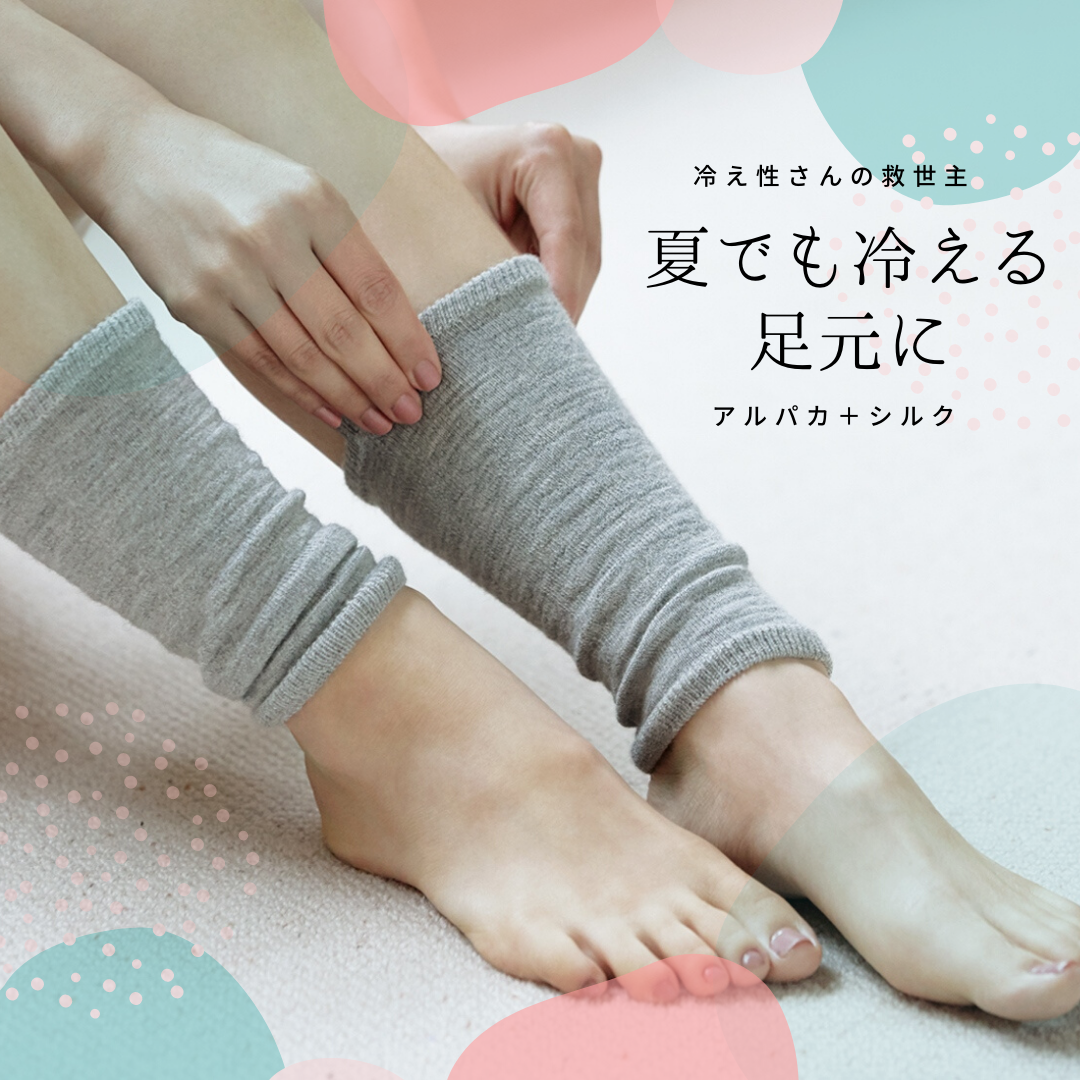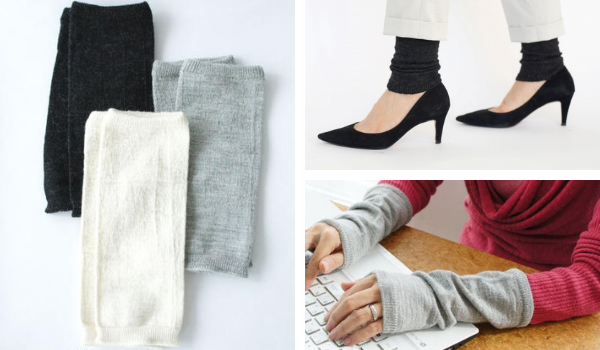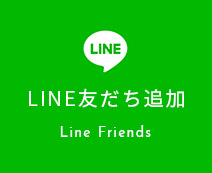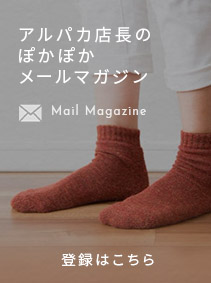Reiko from Peru #12 貧しさ ~ペルー在住鏑木玲子さんのエッセイ~
Poverty (1) Our case
I know poverty a little from my own experience. After leaving Korea where we couldn’t live together as a family, we went to Hawaii with an invitation of John Hess and Lynn Stansbery (I don’t remember the correct spelling). We lived in John and Lynn’s house without paying anything to them. John had arranged about my husband’s study of Hansen disease and tuberculosis in the University of Hawaii. His donation to the University was given to my husband as scholarship. It was $500 per month. Paying tuition, we didn’t have so much for our life, about $50 per week.
貧困(1)私たちの場合
私は貧しさというものを、自分自身の経験から少しわかっているつもりです。韓国を離れてから、John HessとLynn Stanbery (スペルが間違っているかもしれません)の招待状をもって、ハワイへ移住しました。家賃を払わずに、JohnとLynnの家に住まわせてもらいました。Johnは、夫がハワイ大学でハンセン病と結核の研究ができるよう準備もしてくれました。彼の大学への寄付は、夫の奨学金となったのです。毎月600ドルという額でした。学費を払うと、生活にあてるお金はほとんどなく、1週間に50ドルほどしか使えませんでした。
Poverty meant not to be able to eat what we wanted, not to be able to buy toys more than a couple of toy cars a year, not to be able to buy clothes for any one of our family, taking my son to the beach was the only thing I could do for him, and so on. Not having had experienced poverty before that, I was just unhappy and miserable. (The poverty all the Japanese experienced after the World War II was different, as everyone was poor and my parents did very hard to make our life as tolerable as possible.)
貧困とは、食べたいものが食べれず、おもちゃの車は年にたった数個しか手に入らず、家族の洋服が買えず、息子にできることといえばビーチに連れて行くことくらいでした。それ以前に貧しさを経験したことがなかったので、私はとても不幸で、みすぼらしく思っていました。(第二次世界大戦後に全ての日本人が経験したような貧しさは、もっと違うものでしょう。全ての人が貧しく、私の両親は家族がなんとか生活できるように一生懸命に働きました。)
Sometime after one year and a half in Hawaii, my husband had to decide what to do after the graduation. He decided to go to American Samoa as an outpatient clinic of LBJ (?) hospital. Salary was not very good, but much, much better than the money we could spend in Hawaii. We lived as a normal family without feeling that we were poor anymore.
ハワイでの生活が始まって1年半ほどたった頃、夫は大学卒業後に何をするのか決めなければなりませんでした。彼は、アメリカ領サモアに行き、LBL病院での外来診療所で働くことにしました。お給料はそれほどいいわけではありませんでしたが、ハワイでの生活で使えたお金よりはずっと恵まれていました。それ以来貧しさを感じずに、普通の家族生活が送れるようになりました。

What did I do while I was in Hawaii? I tried to get a certificate to teach Japanese to foreigners studying by correspondence course. We couldn’t send our son to preschool until we made a little money, it means I didn’t have any time free from raising my son. Of course it is forbidden to work for foreigners in the US, but I couldn’t do anything even if it had been allowed because of the situation we were in.
ハワイにいる間、私は何をしていたでしょう?通信講座を利用して、外国人に日本語を教える資格をとろうとしていました。私たちはお金ができるまで息子を保育園に行かせる余裕がなかったので、私は家では子育て以外の自由な時間がありませんでした。もちろんアメリカで外国人が働くことは禁じられていましたが、もし許可されていたとしても、働きに行けるような状況ではありませんでした。
After American Samoa we went to Fiji Islands as my husband could join WHO. We were young, so we had hope for the future. We were lucky, but more than that, the efforts my husband made after that made our life easier and we could have a good hope for our son’s future.
アメリカ領サモアの後は、夫がWHO(世界保健機関)で働けることになり、フィジーに引っ越しました。私たちは若く、未来への希望がありました。私たちは幸運でした。でもそれ以上に、その後夫がつくした努力が私たちの生活をずっとよいものにしてくれ、息子の未来にも明るい希望が持てたのです。
次回(2)はペルーでの話に続きます。




